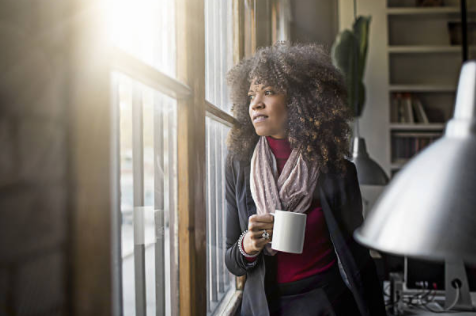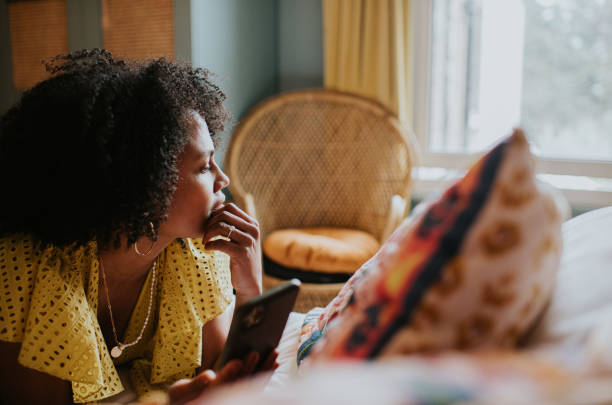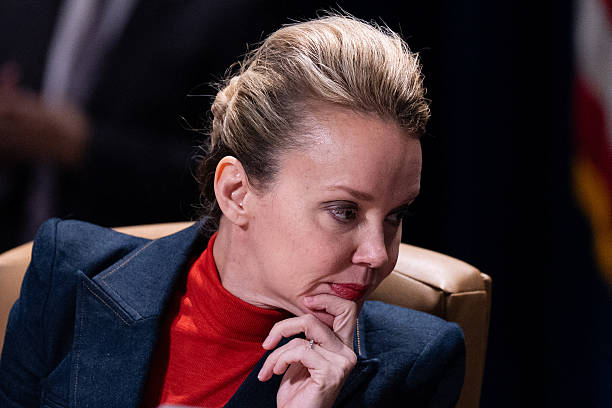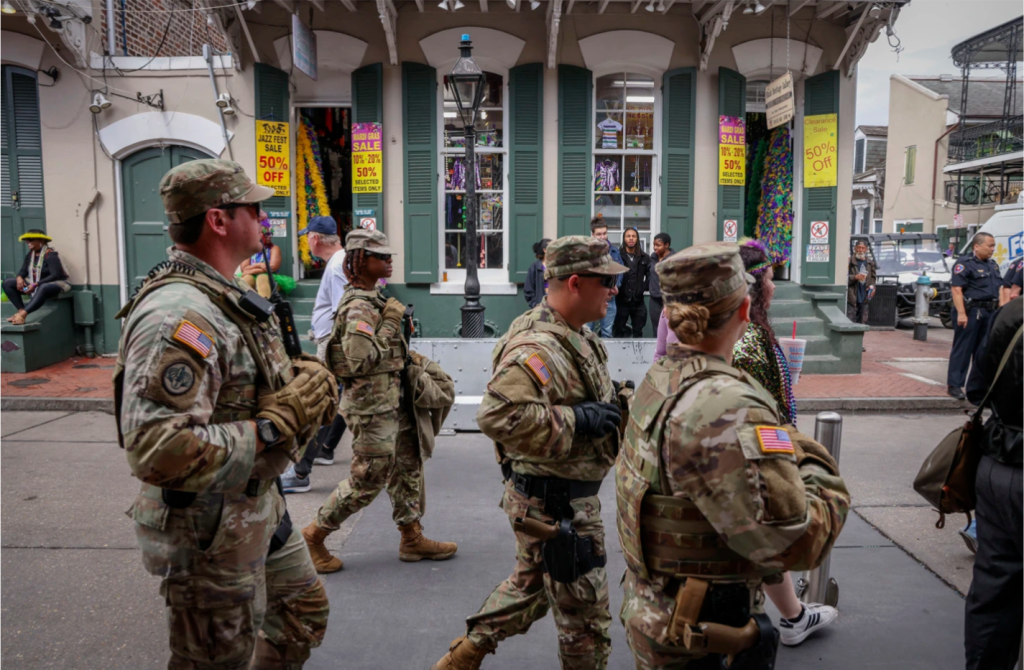(ThySistas.com) 2020 was the most trying year for everyone from career moves, childcare, and finances. It gave us unprecedented sorrow and moments of despair. We saw friends and loved ones struck down with a virus that has continued to ravage our little planet. Those of us who were struggling saw their fortunes turn up when the government gave just a pinch of grace only to return to the abyss or go further down the rabbit hole the support was abruptly withdrawn. One issue that became more prevalent in our community was mental health and how better to care for ourselves. Celebrities such as Taraji P. Henson have come out to tell their stories of mental health issues as well as to advocate for various services that are available to all who need them or at least, can afford them.
Too often, we as black women must deal with our untold mental health issues on our own. We are taught that if we acknowledge that we are overwhelmed or depressed that we are admitting defeat and succumbing to whatever outside stressor. Whispers of our own minds tell us that we are weak if we accept that we have a health issue that cannot be seen by the naked eye. We call upon ourselves to channel the energy of the Almighty and the Ancestors to draw strength and move on as if nothing is wrong. Meanwhile, we are unraveling on the inside.

The loose thread becomes swathes of string that no longer resemble a complete stream of consciousness. Yet, we soldier on and fight the good fight for our families and communities. According to an article done by Dr. Erica Martin Richards, Chair and Medical Director, Department of Psychiatry and Behavioral Health, Sibley Memorial Hospital and Assistant Professor of Psychiatry and Behavioral Sciences at Johns Hopkins University, woman are about twice as likely to have a major depressive episode as men and black women are half as likely as their non-person of color counterparts to seek help for their issues. Dr. Richards goes on to say that the challenge is shaking the cultural beliefs held about receiving mental health services and that black women are notorious for taking care of everyone but themselves. She also states that black women need to understand that self-care will help them, in the long run, to take care of their loved ones.
During the COVID-19 pandemic, it has reported by various news outlets that African-Americans and other minorities have been disproportionately impacted. We are more likely to contract the virus as well as to be financially disadvantaged during the crisis. Quarantining has brought more than its share of challenges. Daily stressors become insurmountable when you are held up in your home with no end in sight. Tasks, activities, and even people begin to wear on your nerves and exacerbate problems we did not even know were there. Extended time at home at one time seemed like a dream but quickly turned into a nightmare as weeks have stretched into a year. If you didn’t have healthy coping mechanisms before this then you have really been up a creek. The problem is so prevalent that the Center for Disease Control & Prevention released an article on ways the average person can cope with the stress of the pandemic.
Some of the suggestions include raking breaks from watching and reading news broadcasts and articles, getting proper rest, exercising regularly, eating healthier meals, connecting with others, and interacting with your community and faith-based organizations (observing social distancing measures and masks, of course). Above all, they mentioned to take time to for yourself and unwind which is key if you are to remain vigilant in protecting yourself and those you love from this terrible virus and the complications that espouse it.
Staff Writer; Jessieca Carr
One may connect with this sister online over at Instagram; susiecarmichael1920 and Twitter; noladarling1920.










Leave a Reply